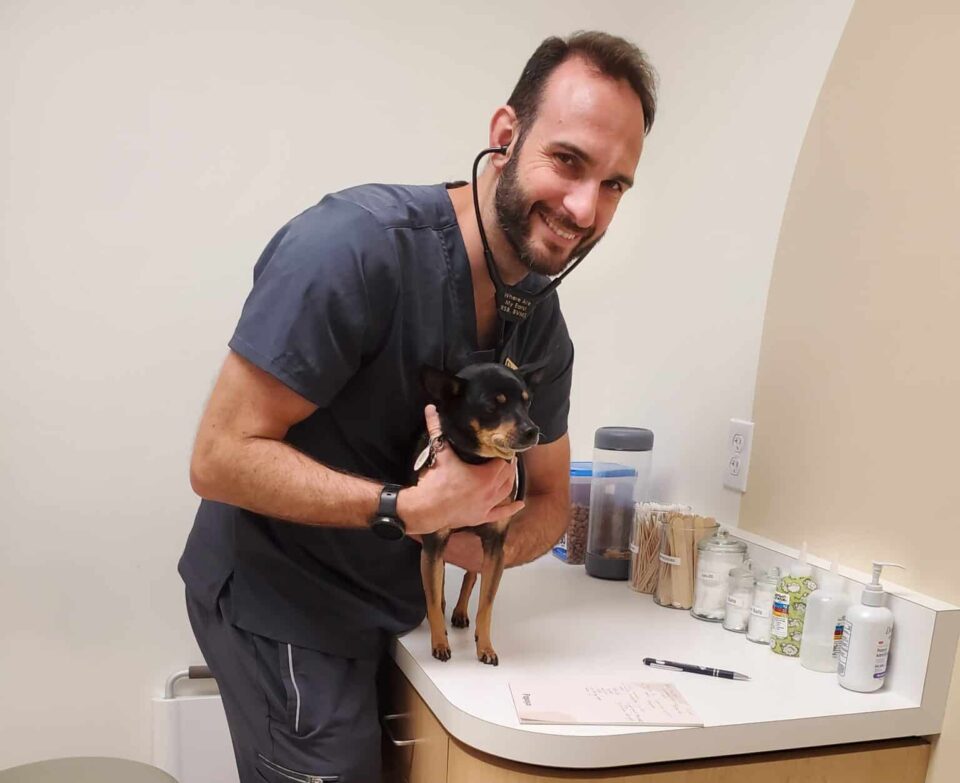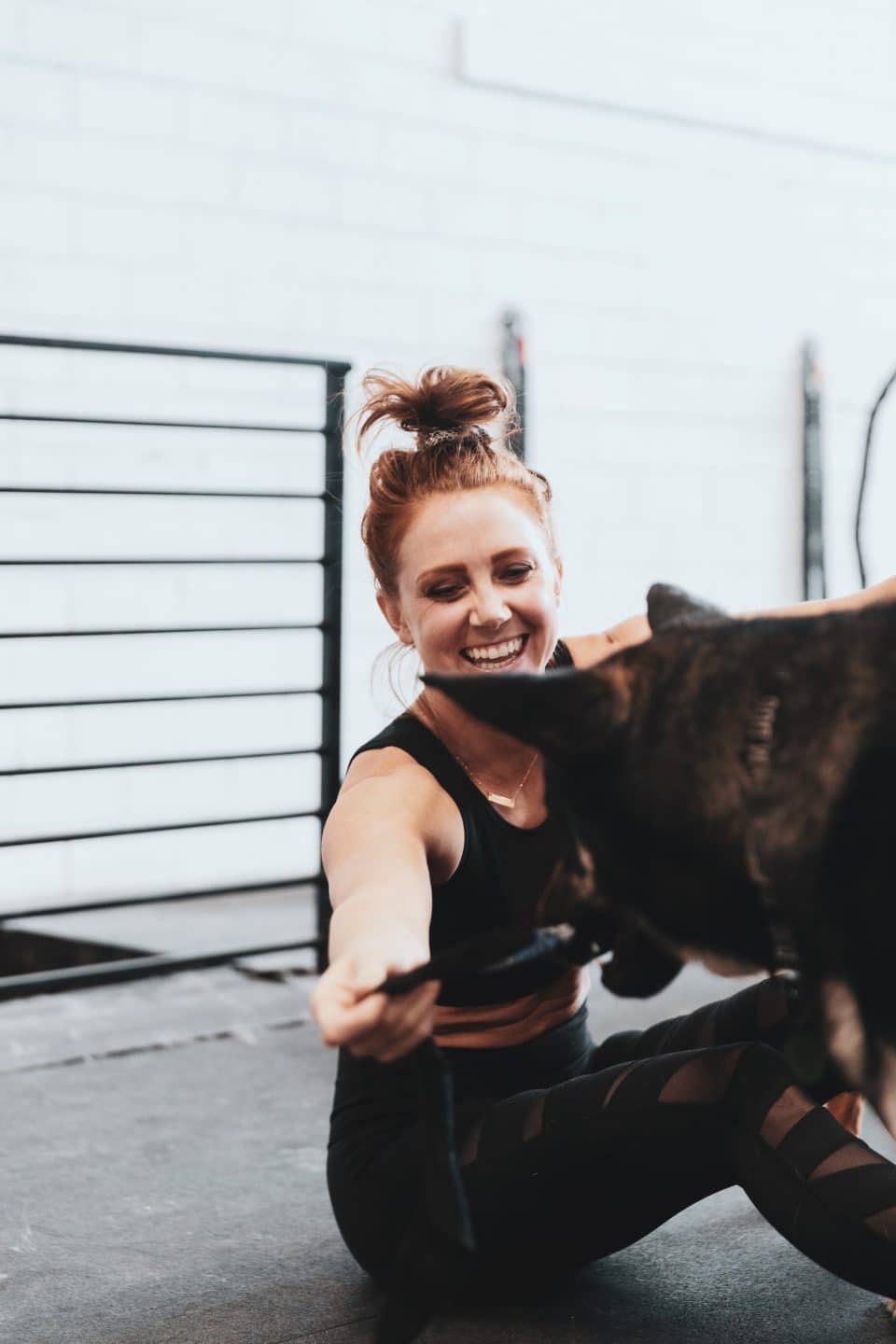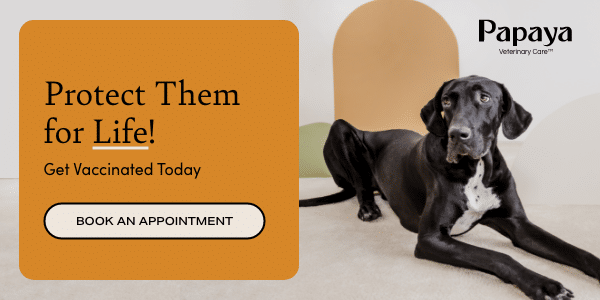Pet Care
3 min read
Everything You Need to Know About Pet Vaccinations
Published on Jul 6, 2023

Dogs and cats are living longer than ever before. Much of this is thanks to vaccines, which help keep our best friends happy and healthy throughout their lives. Because of vaccines, dogs are much less likely to contract deadly diseases like parvovirus. Cats gain some protection against conditions like feline distemper. Many cities actually require certain vaccinations that pose a serious threat to both animal and human health (like rabies).
If you’ve recently adopted a pet (congratulations!), you might be wondering where to even start with vaccinations. Firstly, know that there are core and non-core vaccinations. Core vaccines are highly recommended for all pets, whereas non-core vaccines may be recommended according to your pet’s health history and lifestyle (for instance, if your cat is the pack leader of a rough-and-tumble posse of neighborhood felines, then they might need vaccines that their indoor counterparts don’t).
It’s also important to ask your veterinarian if there are certain diseases that are prevalent where you live as you may want to give your pet an additional protective boost.
Core Vaccines for Cats
Recommended by the American Association of Feline Practitioners
- Feline panleukopenia (FPL), also known as feline distemper
- Feline viral rhinotracheitis (FVR), also known as herpes virus type 1
- Feline caliciviral disease
- Rabies
Non-Core Vaccines for Cats
- Feline chalmydiosis
- Feline leukemia disease complex
- Feline infectious peritonitis (FIP)
- Bordetellosis
Core Vaccines for Dogs
Recommended by the UC Davis School of Veterinary Medicine
- Canine parvovirus
- Canine distemper
- Canine hepatitis
- Rabies
- Leptospira bacteria
Non-Core Vaccines for Dogs
- Bortadella bronchiseptica
- Borrelia burgdorferi
How to determine your kitten or puppy vaccination schedule.
Your veterinarian is here to guide you through your new puppy, kitten, or new adult pet’s vaccine schedule. They take various factors into consideration including, your pet’s age, medical history, environment, and lifestyle.
Puppies and kittens receive antibodies from their mother’s milk (thanks, Nature!). They’ll need to start getting their vaccinations at six to eight weeks old, with at least three vaccinations at three or four-week intervals. The final dose should be given when your puppy or kitten reaches 16 weeks.
Adult pet vaccinations may be administered annually or every three years, depending on their lifestyle, health condition, and more. Your veterinarian will recommend what is best! With our app, we make it easy to keep track of your cat or dog’s vaccination record.
Can my pet experience side effects from vaccines?
Like humans, dogs and cats may experience some normal side effects after a round of vaccinations. This is because vaccines stimulate the immune system to trigger a protective response. It may result in mild symptoms, such as soreness near the injection site or a low fever. Keep an eye on them, and make sure they have access to food, water, and a cozy place to relax.
In rare cases, a pet may experience more serious side effects, such as high fever, sluggishness, a loss of appetite, diarrhea, vomiting, facial swelling or difficulty breathing. Of course, if you notice any of these symptoms, contact your veterinarian right away. If your veterinary clinic is closed, please seek care at an emergency clinic.
It’s important to remember that the long-term benefits of getting your pet vaccinated outweigh the risk of extremely rare side effects. A vaccination can’t protect your dogs and cats 100% from illness. If you notice that something seems off, don’t hesitate to reach out to the knowledgeable veterinarians here at Papaya Veterinary Care™ We’re ready to address whatever worry comes your way! Visit our Carmel Valley animal hospital.














